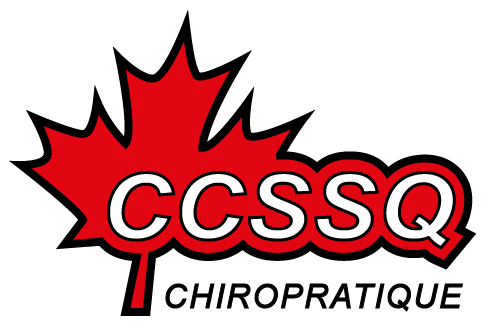Coach's code of conduct
Physical safety and health of athletes
- Ensure that training and competition sites are safe at all times
- Be prepared to intervene quickly and appropriately in the event of an emergency
- Avoid putting athletes in situations that present unnecessary risks or that are not adapted to their level.
- Seek to preserve the present or future health or well-being of athletes
Responsible training
- Use the authority associated with one’s position judiciously and make decisions that are in the athletes “best interests
Promote the improvement of athletes” self-esteem - Avoid taking personal advantage of a situation or decision
- Know your limits in terms of knowledge/skills when making decisions, giving instructions or taking action.
- Honour commitments, promises and agreed objectives – Maintain confidentiality and privacy of personal information and use it appropriately
Integrity in dealings with others
- Avoid situations that may affect the objectivity or impartiality of coaching duties
- Refrain from any behaviour constituting harassment or an inappropriate relationship with an athlete
Respect
- Ensure that everyone is treated equally, regardless of age, ancestry, color, citizenship, ethnic origin, place of origin, language, creed, religion, athletic potential, disability, family status, marital status, gender identity, gender expression, sex or sexual orientation.
- Preserving the dignity of each person when interacting with others
- Respect the principles, rules and policies in force
Honouring sport
- Strictly observe and enforce all regulations
- Wanting to compete fairly with an opponent
- Maintain dignity in all circumstances and demonstrate self-control
- Respect officials and accept their decisions without doubting their integrity
Do you coach young athletes?
Coaches across Canada put their knowledge, enthusiasm and passion for sport to work for their athletes. They devote their time to helping young people improve their self-confidence, self-esteem and healthy body image through sport.
Coaches have many responsibilities, including providing a safe environment for themselves and their athletes. When athletes and their parents put their trust in a coach, they assume that this person has taken the necessary steps to become a responsible coach.
Other tools and information on responsible training
Training in respect and sport
Respect and Sport training shows coaches and parents how to recognize and prevent bullying, violence, harassment and discrimination.
Check with your federation to find out if this training is mandatory.
Responsible coaching resources for coaches
Here are various tools, resources and information for coaches wishing to learn more about the responsible coaching movement.
Rule of two
- Definition of the ACE rule of two
- ACE Code of Conduct
- Player Accommodation – Hockey Canada Reference Kit
Background checks
- Mouvement entraînement responsable – Overview of background check requirements
- CEA’s Sterling background check landing page
- Sterling in-depth police check fact sheet
- Sample background check policy
- Screening – Volunteer Canada
- Scouts Canada Selection Interview Guide
Respect and ethics training
- Ethical decision-making – NCCP
- Taking action – NCCP
- Gender inclusiveness – CCES
- Respect and sport
- Homophobia in Sport – CAAWS
- Gender equity – CAAWS
- You Can Play Project (in English only)
- Blog series on harassment in sport
- Boundaries, sexual misconduct and reporting (Priorité Jeunesse training)

